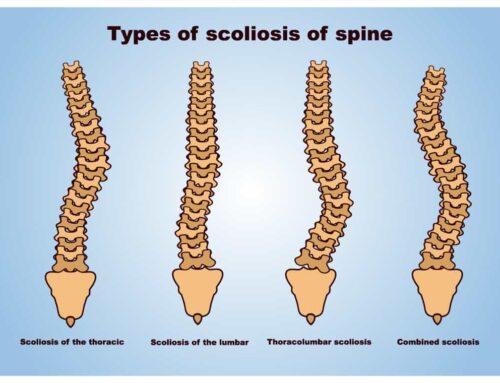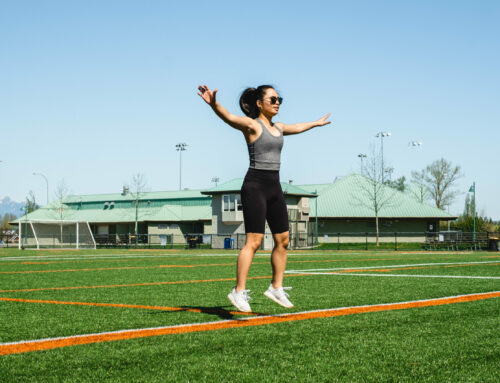Neck and shoulder pain is such a common condition that literally every one of us has had to deal with at some point in our lives. Have you been dealing with this niggly pain at the back of your neck when you drive or sit for long? Or do you feel stiff when you first get out of the bed? Some others may feel neck and shoulder pain when looking into their phones or working on the laptop. As annoying as the pain can be, there are simple measures that help to prevent it from developing in the first place. Here are some really easy tips to prevent neck and shoulder pain.

1. Invest in a good pillow to prevent neck and shoulder pain!

Yes! sleeping posture is very important! You shouldn’t be using more than one medium sized pillow to support your neck at night. This is because high pillows put the neck in a bent position. This can put undue stress on the structures around the neck causing neck and shoulder pain. A great pillow will ensure that the curve of your neck is supported. Whether you are lying on your back or your side. I call it an investment for a reason. Although these pillows can be expensive, there’s really no substitute for it. But please be sure to buy it from a Physio clinic or at least have a chat to a physiotherapist who will be able to guide you specifically. This will definitely help prevent neck and shoulder pain and even help it if you’re already suffering from it.
2. How you sit will affect neck and shoulder pain.
Who knew you can sit yourself to a medical condition! There’s more and more research to advise that prolonged sitting is one of the worst things we can do for the spine. This is in fact one of the most important causes of neck and shoulder pain. Now we are only human. It’s hard for us to sit erect for 8 hours a day if you are an office worker. Hence it is very important that you support your neck while sitting. A good ergonomic chair will ensure this. Sit right back in the chair rather than on the edge. Lastly make sure you get up every 30-40 minutes. Even if it means just going to the kitchen. This will definitely prevent stiffness from setting into the joints and causing neck and shoulder pain. Remember, our bodies were designed for movement.

3. Core strengthening for your neck to prevent neck and shoulder pain
Who knew there were core muscles in your neck! Yes, the small muscles of your neck help to keep your it in a good position when sitting. There are certain specific exercises that strengthen these muscles and prevent neck and shoulder pain or even hep you recover from it. Not just weight training. Your physiotherapist is the best person to show you strengthening exercises specific to your needs. Doing these regularly will prevent neck and shoulder pain from developing. It’s also important to understand that Physiotherapy is not just about exercises though. If you haved ended up with neck and shoulder pain, a physio can do specific manual therapy techniques to reduce pain and stiffness. Once the pain is under control, exercises will help to prevent it from coming back.
4. Doing stretches 2-3 times a day not just once!
If you are sitting most of the day, stretching just once a day will not help. It is important to keep your muscles moving. Hence if you have been sitting for a while make sure you stretch! Doing the stretches 2-3 times a day will keep your muscles flexible. Sustained sitting puts a lot of stresses on the neck and shoulder muscles. This will in turn cause tightness leading to neck and shoulder pain. Stretching more than just once will prevent this tightness. It is also important to hold the stretches for at least 10 seconds. This will definitely lengthen the muscles well.
5. Don’t wait for neck and shoulder pain to get worse before you see a Physio!
Now we’ve all done this. Waited until the pain got worse to get treatment. Remember stiffness is really the first signal that something’s wrong with a joint. So seeing a physiotherapist( check out our team here) as soon as you notice stiffness will certainly stop the neck and shoulder pain from worsening. Physiotherapists can diagnose a problem and tell you exactly what’s wrong. The sooner you get to a physio, the quicker you will recover. If you wait, your recovery will then make you wait!





